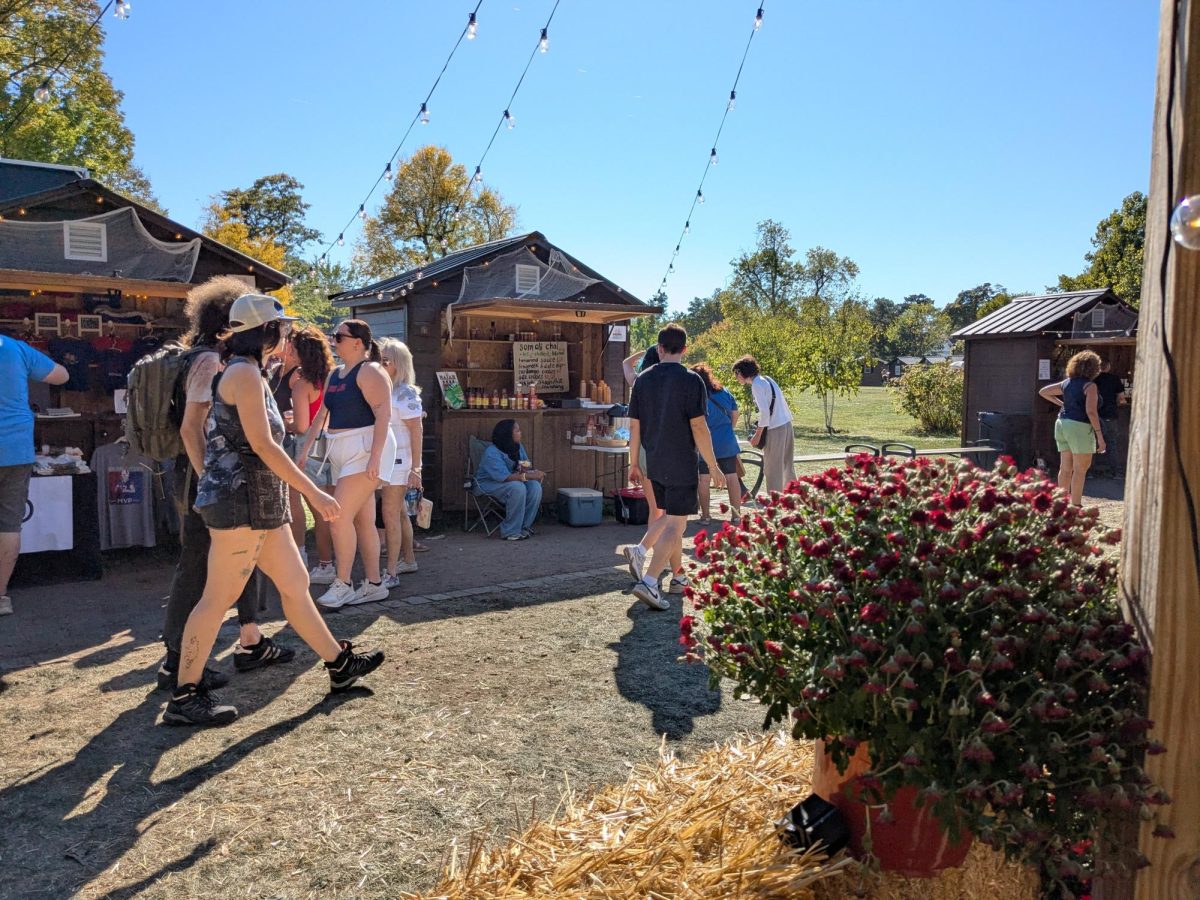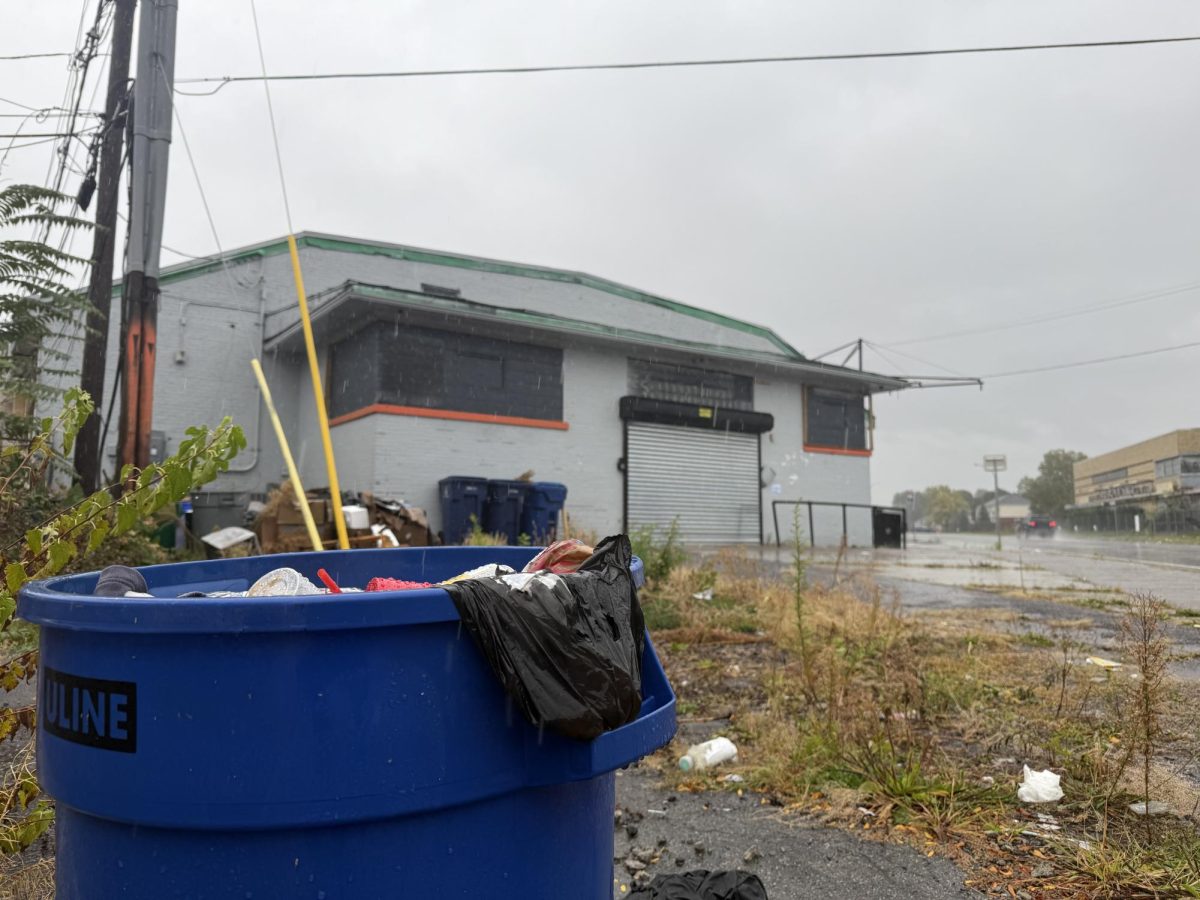Preparing for a job interview can feel like stepping into an unknown world for a college student, but with the right approach and advice, it can turn into a rewarding experience.
Neil O’Donnell, a Buffalo State Emergency Operation Plan (EOP) advisor, shared insights from his personal experiences about preparing for interviews, along with tips and tricks on what to expect.
O’Donnell emphasized the key steps needed for a successful job interview. Before your interview, you should learn about the company by visiting its website, reading recent and relevant news articles, and understanding its missions.
Then, you should dress appropriately, which will signify how interviewers perceive you. Showing up in jeans or sweatpants can give the impression that you’re not serious about the opportunity.
Next, you should arrive at the interview at least 15 minutes early. This shows that you are responsible, punctual, and respect the interviewer’s time.
Additionally, the first handshake can set the tone for an interview. Offer a firm handshake, make eye contact, and smile to display confidence and professionalism.
Lastly, be mindful of your body language. It would be best to sit upright, maintain eye contact, show interest which can include nodding, and avoid fidgeting. Incorporating these aspects can create a more positive and impactful impression on your interviewer.
O’Donnell also highlights the importance of preparing for frequently asked questions, especially the difficult ones! Even preparing and asking your questions can make your interview stand out above the rest. Preparation is a key part of the interview process, as it can indicate your preparation while on the job.
O’Donnell, who has faced his fair share of rejections, mentioned the significance of learning and acknowledging your weaknesses. “Every interview will not feel the same; that’s why it’s essential to learn something from each interview you do,” O’Donnell said.
You don’t need to vocalize everything you’re not good at, but the skills you lack that are important for the job are worth mentioning. When it comes to an employer, knowing what areas an interviewee lacks can question their qualifications. However, as an interviewee, showing that you have the drive to overcome those weaknesses makes employers interested in you!
According to the National Association of Colleges and Employers (NACE), an organization specializing in tracking job employment, the market can be quite competitive. Not everyone secures a job on their first try.
More than 30-35% of college graduates don’t secure a job six months after graduating. While specific statistics can vary, NACE often provides data on employment rates and job search outcomes for recent graduates.
For example, NACE’s annual reports usually show that a significant percentage of job seekers receive multiple offers, but many also face several rejections before landing a job. NACE can provide insights into hiring trends, employer expectations, and the average number of applications submitted before securing a position.
Finally, O’Donnell says that ‘nobody has it all figured out’ and everyone gets nervous during interviews, even those sitting across from you who want to leave an impression. So, when stepping into that unknown world, ask yourself what you can learn from this experience.
How To: Prepare for Job Interviews as a College Student
Unique Fuller, Staff Writer
October 8, 2024
Professor O’Donnell sitting behind his desk typing.
Story continues below advertisement
0








